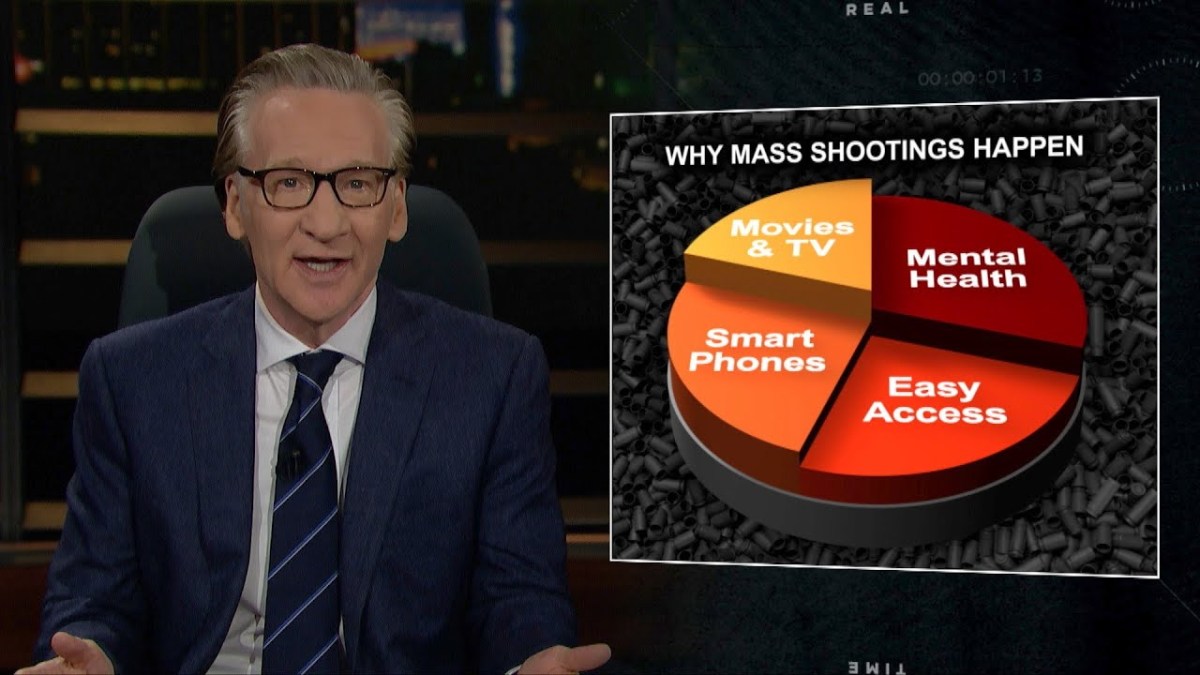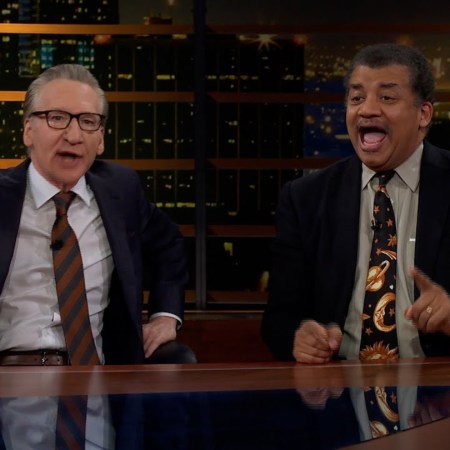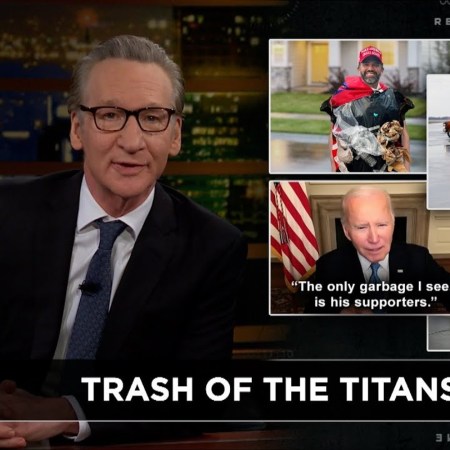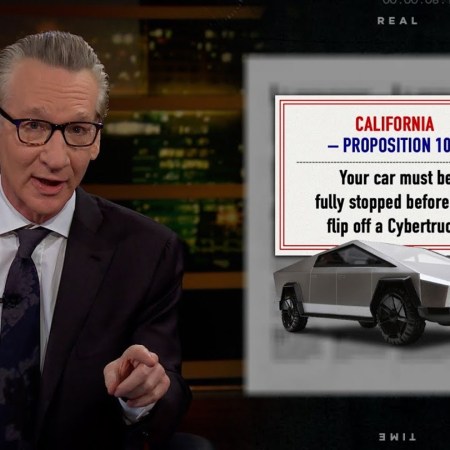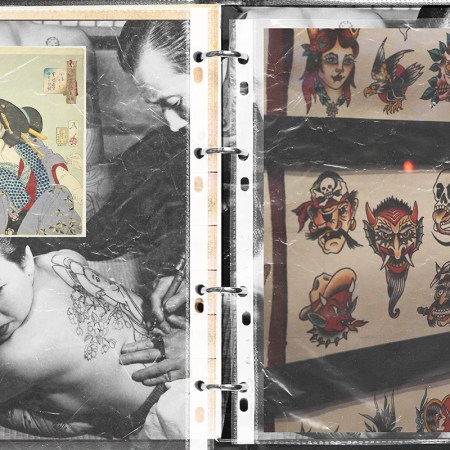Bill Maher took the stage for Friday’s Real Time With Bill Maher with the January 6 hearings on his mind. “This is a big thing!” he said. “If this was a game of Clue, it would be Captain Pumpkin in the White House with the remote.” He went on to engage in a bit of told-you-so, playing clips dating back to 2018 where he opined that Trump was unlikely to leave the White House even if he lost the election. “There’s a lot more of those,” he said, when that segment ended.
Maher stayed in a media-critique mode, going on to criticize Fox News’s handling of the hearings — with the network both ignoring the hearings and leading with stories about Britney Spears. He also addressed the Democrats’ electoral fortunes in the fall, with discussion of gas prices and “shrinkflation.”
Dr. Cornel West was up first, and spoke passionately about his own reaction to the first day of the January 6th hearings. Conversation soon turned to the election to choose Los Angeles’s next mayor — Maher mentioned that he liked both of the frontrunners, but West mentioned that he felt wary about the phenomenon reflected by Rick Caruso’s sudden shift into politics.
The conversation took a more interesting turn from there. The two men opened with a long embrace, and spoke about their long friendship — but the areas on which they seem to have agreed to disagree came into focus not long after. The clash between Maher’s realism and West’s idealism came into focus here, as they discussed foreign policy, compromises and hypocrisy. “Pragmatism is not opportunism,” West said — and went on to denounce the American political penchant for spectacle.
It all closed on a curious but moving note — Maher posed a question to West about the ongoing debate over structural racism in education. West responded with a long discussion of how various musicians used different methods to arrive at similar artistic places; it wasn’t the anticipated answer, but it did resonate powerfully.
Kellyann Conway and Josh Barro joined Maher for the panel discussion and — as one might expect — Maher asked Conway about the revelations from the first day of the televised January 6th hearings. Conway engaged in something of a defense of Trump’s actions, which both Maher and Barro pushed back on.
This continued for a while — Conway attempting to pivot from talking about the hearings to a critique of the Biden administration — with both Maher and Barro disagreeing. “This is what you’re good at,” Maher said to Conway. “This is this side issue, that’s not really what we’re talking about.” And things got more heated from there, culminating with Maher asking Conway about Trump’s actions, “Don’t you believe in the country that this is subverting?”
Conway kept trying to shift discussion to gas prices and inflation. “Gas goes up and down,” Maher said. “But democracy is forever.” The mood remained contentious in the panel’s second half, even as the subjects up for debate — ranging from media critiques to inflation — spanned a wider array. One of the more interesting moments came when Maher was dismissive of monkeypox and Barro countered, arguing that he — as a gay man — actually was concerned by it. “It’s not a COVID-level problem, but it is a real problem,” Barro said. “People shouldn’t dismiss it.”
The jokes that kicked off New Rules were a mixed bag, touching on everything from the royal family to foot fetish-themed sex toys. The bulk of the segment focused on the entertainment industry engaging in what Maher described as “the unbridled romanticization of gun violence” on screen. Given that we’re living in an era of corporate social responsibility, this struck Maher as especially jarring.
“You can’t platform bad things,” Maher said of movies today. So, he went on to ask, why depict gun violence as the solution to so many problems? He went on to note the way that revenge shows up in so many of these plotlines — which, he observed, coincides queasily well with the logic of many mass shooters. “Vengeance has been in more movies than pets in sunglasses,” Maher said.
“That was pretty interesting,” Maher said as the segment ended. Making matters more interesting? West joining them for Overtime — which also included some discussion of Maher’s segment on onscreen gun violence. It blossomed into a larger discussion of popular culture, violence and how it could (or could not) be regulated. West was critical of comedians who laugh at people — and what he perceived to be a worrying tendency in modern comedy. It ended on an ambiguous note, with discussions of the 2020 Democratic primary and voters’ appetite for socialism; watching it, you got the impression that the panelists could have argued all night.
Thanks for reading InsideHook. Sign up for our daily newsletter and be in the know.
